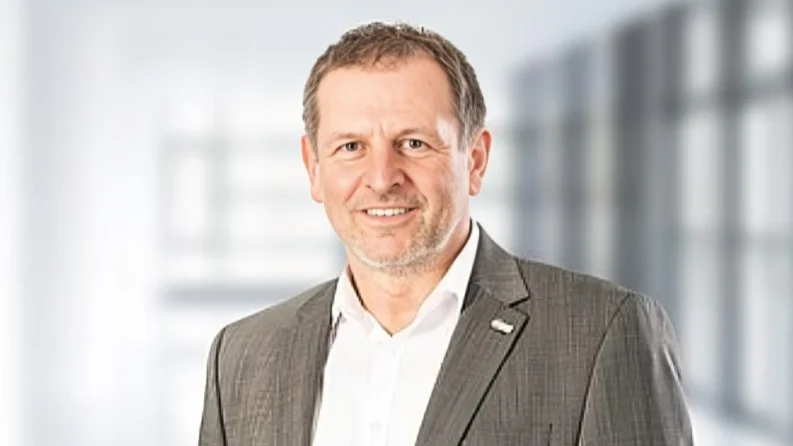Peter Wuhrer Divisional Director Production P1 | Hermle USA, Inc.
Peter Wuhrer Divisional Director Production P1 | Hermle USA, Inc.
End mills are essential components in HERMLE machining centers, crucial for various industrial applications. These tools, primarily used in metalworking, can also process wood and plastic by removing excess material from workpieces to shape them accurately. The end mill's structure consists of a cylindrical shaft clamped into the machine and a milling head with diverse shapes and cutting edges.
Different types of end mills cater to specific tasks. Square end mills are common, but other variations include two-bladed, four-bladed, eight-bladed, and twelve-bladed mills, each suited for particular precision levels. Milling heads come in several forms like ball cutters for 3D operations or T-slot mills for specific joint creation.
Materials used for making end mills include high-speed steel (HSS), known for its ability to withstand high temperatures, and tungsten carbide, favored for its hardness and durability. Coated versions with materials like titanium-nitride enhance performance and longevity.
End mills have numerous applications across industries such as automotive and aviation. They perform tasks like drilling through-holes or recesses, chamfering edges, milling slots or grooves, thread milling using special end mills like those on the HERMLE C 32 U machine center, contour milling for complex shapes, face milling for flat surfaces, profile milling for specific edges or profiles, smoothing operations requiring precision machining steps, and roughing involving coarse grinding.
In tool manufacturing contexts such as producing drills with exchangeable heads on HERMLE's C 32 U center or shaping propellers in fluid mechanics using the C 52 / C 52 U MT line, end mills play an indispensable role.
For anyone interested in understanding more about these versatile tools and their specialized uses in precision machining tasks across various materials including metals like aluminum and copper or even plastics requiring careful handling due to heat generation during milling processes – engaging directly with experts provides invaluable insights into their practical applications on advanced machinery.

 Alerts Sign-up
Alerts Sign-up